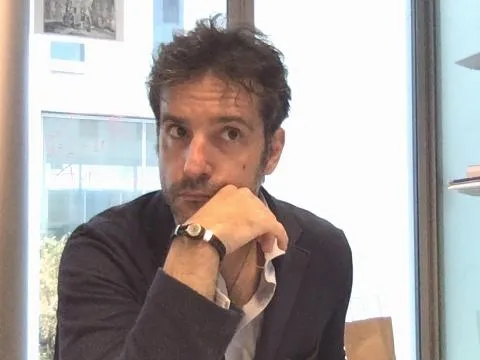
The unbridgeable chasm
On 28 April, the Parliamentary Assembly of the Council of Europe (PACE) requested the Russian Federation to allow the safe return of Ukrainian minors forcibly transferred to its territory or to the territories temporarily occupied by it. PACE also urged the 46 member states to ensure the punishment of those responsible at all levels of the forcible transfer of Ukrainian children, arguing that the documentation collected on this practice would prove that Russian authorities perpetrated international crimes. In particular, in the resolution based on a report by the Portuguese parliamentarian Paulo Pisco, the parliamentary body of the Council of Europe (CoE) supports the existence of evidence documenting the deportation of Ukrainian minors and their subjection to a process of "Russification", through a re-education in the Russian language, culture and history, citing examples of minors forbidden to speak Ukrainian, exposure to propaganda and visits to "patriotic" sites and military training. The transfers of Ukrainian minors "were clearly planned and systematically organized" as a state policy, the Assembly said, and had the aberrant purpose of "annihilating any ties and characteristics associated with their Ukrainian identity". No wonder, therefore, that PACE has welcomed the decision of the International Criminal Court to issue arrest warrants for Russian President Vladimir Putin and the Russian Government's Commissioner for Children's Rights Maria Lvova-Belova on charges of war crimes, urging the execution of such rulings.
Many are dealing with the legal feasibility and political expediency of an international trial against Russian government officials suspected of war crimes. However, it is interesting to dwell on another aspect here: the PACE resolution indicates once again that the break between the pan-European organization and Russia, which took place with the expulsion of the latter from the Council of Europe in March 2022, is now irreparable. As is known, following the armed aggression against Ukraine, on March 16, 2022 the Russian Federation was expelled from the CoE despite the fact that, in accordance with the Statute of the organization, the Russian government had formally notified its intention to withdraw from the CoE entity the day before the decision came into effect. From a legal point of view, the expulsion has raised legal perplexities: withdrawing is a unilateral manifestation of will symmetrical to that of joining an international organization, to which the organization's legal system attributes the power to extinguish, in accordance with the purpose that the withdrawing party proposes, any relationship between a state and the entity regardless of the will of the latter. The forcing of the provisions of the Statute of the CoE inherent in the expulsion decision can then be explained by the need, of an eminently political nature, to enable the body to determine the cessation of member status of the Russian Federation with its own formal act rather than legitimize the unilateral act of withdrawal of the Russian state, to mark the latter's very serious violation of international law. Ultimately, that provision indicated a saturation of the relationship - indeed, never easy - between the CoE and the Russian Federation itself, together with an unbridgeable chasm between the values and objectives of the organization and the policy and ideology of the Russian State for as they are currently expressed. With Russia now out of the organization, the growing distance was emphasized in the following months by various bodies of the Council. The latest act was the PACE resolution of 28 April. The consequent irrecoverable exclusion of Russia from an organization which does not offer its members economic and financial advantages, or security guarantees, instead mandating important commitments on the part of national governments with respect to the institution's protection of human rights, the rule of law and democratic principles, seems consistent with the risky and for many undesirable prospect of a different and multipolar international order.